7 Health Benefits of Lavender
Stress, anxiety, disrupted sleep, and mood significantly impact your overall health and well-being. They can creep in at any time and throw off your whole day, week or last for months at a time. This has led more and more people searching for preventative, natural solutions to better their mental and overall health. Adaptogens and herbs are one lifestyle change that can help! Lavender in particular has powerful anti-stress properties.
When you think of lavender, your mind instantly wanders to a place of ease and relaxation. There’s something soothing about the delicate purple flowers and their sweet floral smell, but it is so much more than its fragrance and colour. Lavender has tons of incredible health benefits. Learn more about the health benefits of lavender below.

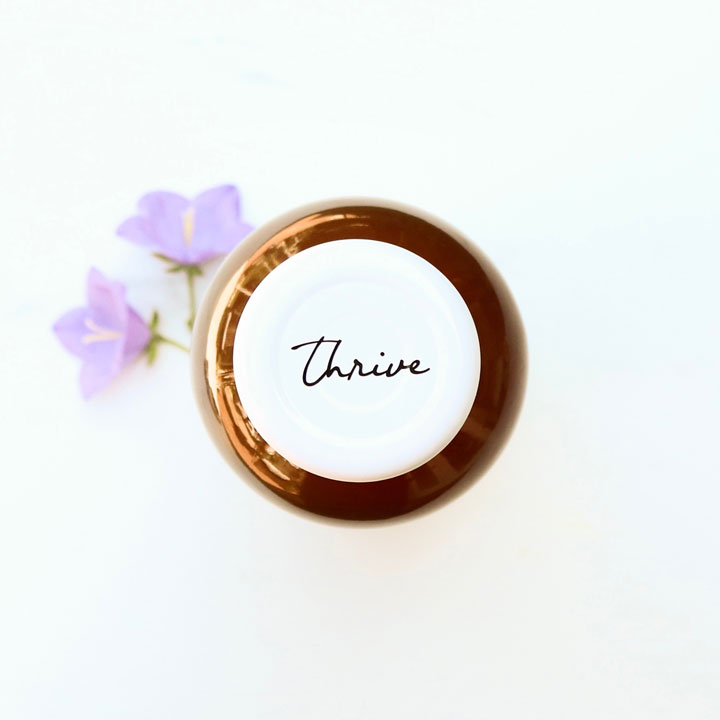
What is Lavender?
Lavender is a purple flowering plant belonging to the mint family. It is native to parts of the Mediterranean, Southern Europe, Africa, and Asia but can now be found growing worldwide. There are even festivals in the Lower Mainland celebrating this incredible herb. You can now visit the stunning rows of lavender during the summer months and take plenty of Instagram-worthy photos.
Lavender is commonly used in aromatherapy, cosmetics, perfume, medicine, food, and beverages, like Thrive Remedies Stress tea! The herb has a long history of use to treat anxiety, insomnia, stress, depression, dementia, pain and more. Below are 7 evidence-based health benefits of lavender.
7 Health Benefits of Lavender
- Improves Sleep
- Natural Pain Remedy
- Helps Treat Anxiety
- Antidepressant Properties
- Could Help Treat Skin Issues
- Antimicrobial
- May Help with Certain Brain Disorders
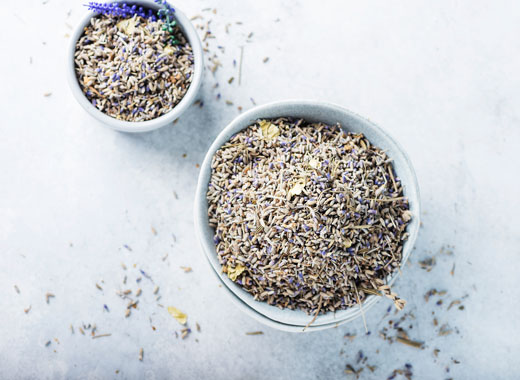
1. Improves Sleep
Everyone experiences disrupted sleep at some point in life, whether from a looming job interview, an upcoming vacation or event, job pressure, or financial strain. You’re not alone, and finding solutions can be complicated sometimes. Over-the-counter sleeping pills have unwanted side effects or can become addicting, so this often makes the need for natural remedies more desirable.
Many people drink lavender tea or use lavender supplements to help them get a better night’s sleep. In one study, 221 participants were given lavender orally for ten weeks. The lavender supplementation showed a significant improvement in the participants’ sleep quality, duration and overall mental health and well-being.
Another study conducted in Germany involved participants who have PTSD (post-traumatic stress disorder) showed similar results. At the end of the six-week trial, they saw a decrease in wakeup frequency, wake up duration, morning tiredness and their mood improved.
2. Natural Pain Remedy
Pain is inevitable, whether back pain, muscle strain, menstrual cramps, joint pain, arthritis or headaches. At times the pain can become so unbearable that people turn to pharmaceuticals for relief. However, lavender may be another more natural option.
Studies show that lavender aromatherapy may be helpful in the treatment of both short-term and chronic pain. Studies show it can help ease pain in people undergoing surgery, women after childbirth, arthritis patients, migraine headaches and menstrual cramps.
There is limited research on oral consumption of lavender and pain. Some studies suggest that lavender tea could help relieve digestive discomfort, headaches, sores, toothaches and sprains.
3. Helps Treat Anxiety
Some worrying is normal; many different things can set it off. A trip to the dentist, social situations, an upcoming presentation or traffic jams when you’re already running late can cause a rise in blood pressure and racing thoughts. Worrying becomes a problem when those thoughts become recurrent and intrusive, leading to an anxiety disorder. Anxiety is a concern because it can hold you back from thoroughly enjoying life, especially when it comes to social situations or climbing the career ladder. Multiple clinical trials have evaluated the effects of lavender on generalized anxiety disorders, including restlessness and agitation. Both oral consumption and aromatherapy have been proven useful in counteracting symptoms of anxiety. In one of the studies, 221 participants were given lavender orally for six weeks. The anti-anxiety effects in the group receiving the lavender were more significant than that of the placebo group. Restlessness, disrupted sleep, and pain and fatigue associated with anxiety were all improved. The study also looked at the effects of lorazepam compared to lavender, which had similar results in treating anxiety symptoms. Similarly, in another study, 36 patients were admitted to the ICU and exposed to lavender aromatherapy. They saw an improvement in anxiety symptoms and mood.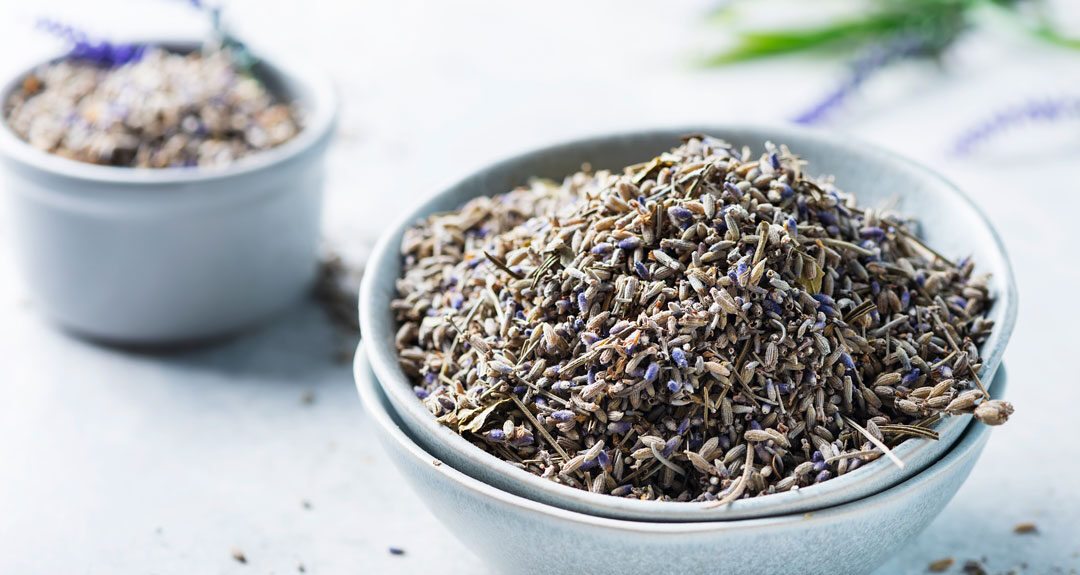
4. Antidepressant Properties
Anxiety and depression are closely related, so it only makes sense that lavender would have antidepressant properties. Oral consumption of lavender has shown it could potentially aid in treating depression symptoms when used in combination with traditional antidepressants. In one clinical trial, 48 patients suffering from mild to moderate depression were given lavender and imipramine or only imipramine for four weeks. The group receiving the combination saw a better and earlier improvement in their symptoms than the group receiving only imipramine.5. Anti-fungal
Lavender has antimicrobial and anti-fungal properties. There is a growing concern for over-the-counter antifungal creams because strains of bacteria are becoming resistant to them. This has scientists looking at natural remedies, like lavender.
In several studies, lavender essential oil has been proven effective in treating several strains of bacteria and fungal infections that can lead to skin diseases.
While there are limited studies on the antimicrobial effects of oral consumption of lavender, some studies suggest that consuming lavender tea can help relieve digestive issues, including nausea, vomiting, abdominal cramping, gas and bloating, which are often caused by an upset in gut bacteria.
6. Could Help Treat Skin Issues
Because of lavender’s anti-fungal properties, it may help treat several skin issues, such as eczema, acne, inflammation, wrinkles, wounds and hair loss when applied topically. In one study, 86 participants suffering from alopecia applied lavender oil to their scalp daily for seven months. At the end of the study, they saw a 44% increase in hair growth compared to the placebo group. There are no direct studies on the oral consumption of lavender for skin issues, but it is rich in antioxidants. Antioxidants protect the body’s cells from damage by free radicals and are considered anti-aging. They can help decrease damage to the skin caused by environmental factors and UV rays.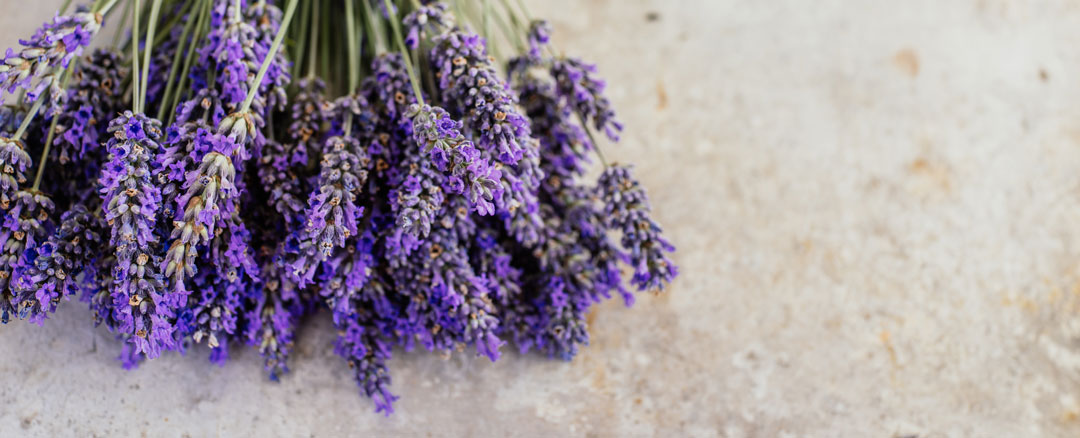
7. May Help with Certain Brain Disorders
Epilepsy is a disorder that affects the brain in which a person has recurring seizures. Seizures symptoms can vary, but they are caused by an uncontrolled electrical disruption in the brain that can alter a person’s muscles (twitching or stiffness), behaviours and senses. Some of the common triggers of a seizure are stress, tiredness and anxiety. Studies show that lavender may impact some brain disorders that affect electrical activity, such as epilepsy. Lavender’s calming ability disrupts the electrical patterns in the brain. In one study, 40 healthy adults were exposed to lavender aromatherapy for 3 minutes. They saw an increase in theta and alpha waves, which have a relaxing effect and make a person feel more comfortable. Because of this, lavender aromatherapy may also be able to soothe agitated patients who have dementia.How Can You Incorporate Lavender Into Your Lifestyle?
The most common way lavender is consumed is by brewing it into tea. It is best consumed close to bedtime since it can have a drowsy effect. It is not recommended to mix it with other medications or supplements that can cause sleepiness or drowsiness or for pregnant and breastfeeding women. Always consult a licensed healthcare practitioner before beginning a new supplement routine. Lavender oil can be used for aromatherapy or applied topically to the skin. The oil is one of the only essential oils that can be applied undiluted to the skin. Never consume lavender oil, though, since it is poisonous in this form. You can add a few drops of lavender oil to your diffuser at bedtime or apply a small amount behind your ears. When applying lavender to wounds, use a cotton ball to keep everything clean.References:
- Health Benefits of Lavender and the Nervous System
- Silexan, an orally administered Lavandula oil preparation, is effective in the treatment of ‘subsyndromal’ anxiety disorder: a randomized, double-blind, placebo controlled trial
- Phase II trial on the effects of Silexan in patients with neurasthenia, post-traumatic stress disorder or somatization disorder
- Randomized trial of aromatherapy. Successful treatment for alopecia areata
- Chemical composition and antifungal activity of the essential oils of Lavandula viridis L’Hér.
- Antifungal Effect of Lavender Essential Oil (Lavandula angustifolia) and Clotrimazole on Candida albicans: An In Vitro Study
- Medicinal Properties of Lavender Tea
- Effects of antioxidant supplementation on the aging process
*** Disclaimer: The content on this website (Thrive Remedies) is for informational and educational purposes only and should not be taken as medical advice. It is not intended or suitable in place of advice from your health care practitioner or licensed physician. The information and products on this website should not be used for diagnosing, treating, curing or preventing a health problem, you should always consult a health care provider or licensed physician for advice. ***
You May Also Like…
Health Benefits of Turmeric
Turmeric is one of the fastest-growing herbs on the market. You can now find it in a variety of food and beverage...
Overnight Oats
The weekday mornings can get pretty hectic between packing lunches, getting the kids ready for school, getting...
Men’s Health Month Resources
Mental health disorders affect more than 6.7 million Canadians. It’s a serious issue that’s only being made worse...
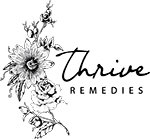
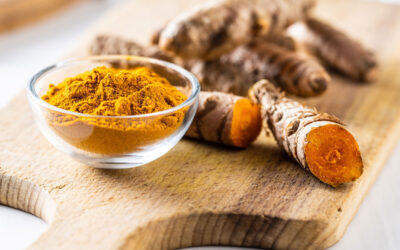


0 Comments